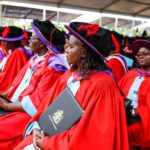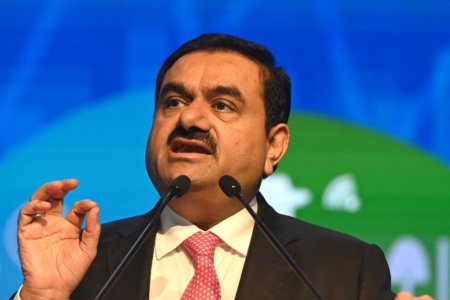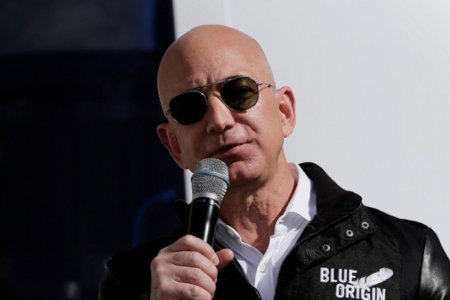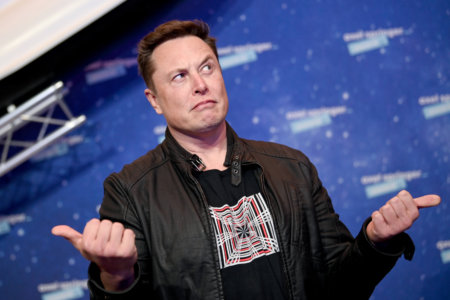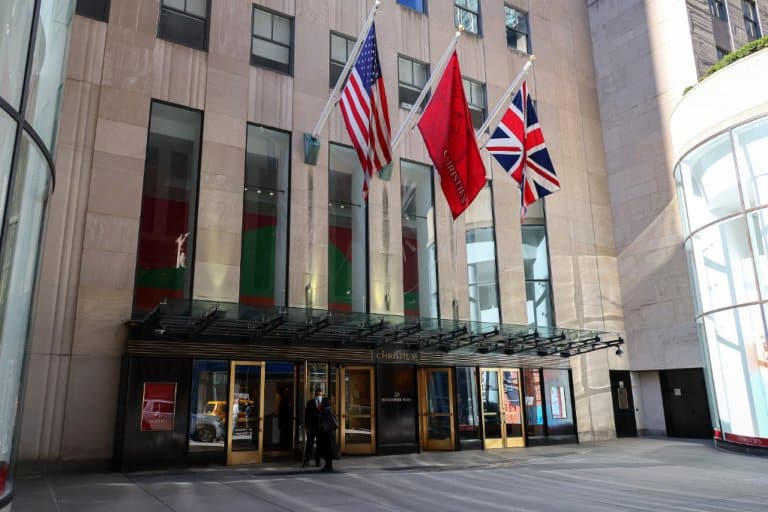
Many stories of the richest men in the world seem to portray them as someone poor rising to riches through a combination of smarts, pluck and initiative.
These rags-to-riches stories may be true for a small number of the richest men in the world — that they’ve done something so good to have earned their obscene wealth.
That they’ve studied hard, worked hard, prayed a lot, and invested in all the right things.
But the reality is a lot more complex than that.
The myth of the “self-made” richest men in the world
When Kylie Jenner was named the youngest self-made billionaire in 2019, reports slammed that title — mainly because she’s part of a family of billionaires, The Kardashians.
She defended the “self-made” label, telling Paper Magazine that she didn’t inherit any money as she was cut off from Kris and Caitlyn Jenner at the age of 15.
She was told to make her own money. “What I’m trying to say is I did have a platform, but none of my money is inherited,” Jenner said.
Therein lies a clear example of how the world sees the richest men in the world. What is “self-made” varies depending on who you ask.
According to Forbes, they are “someone who built a company or established a fortune on her own, rather than inheriting some or all of it.”
Collins Dictionary is not as generous, defining “self-made” as becoming “successful and rich through their own efforts, especially if they started life without money, education, or high social status.”
This explains why reports often show different percentages of billionaires who are self-made, ranging from 55% to 72%.
This means more than half got there by just inheriting their wealth — except the wealthiest men of them all.
Our analysis of the top five richest men in the world reveals their upbringing and road to success did not endow them with Kardashian-like access or money.
And what’s most striking is that:
- The top five richest men in the world went to prestigious universities in the US and Europe
- Most pursued a degree in a field different from their career
- Most built innovative products and systems
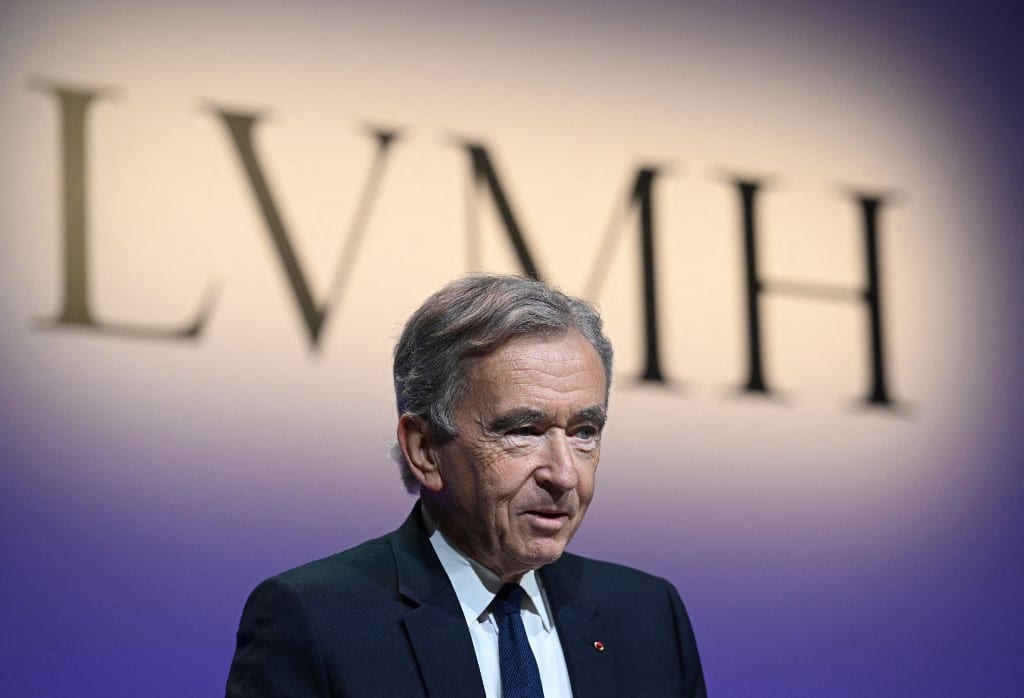
LMVH head Bernard Arnault was named the richest man in the world. Source: Stefano Rellandini/AFP
1. Bernard Arnault
French mogul and business magnate Bernard Jean Étienne Arnault is top of the list of the richest men in the world.
The 74-year-old is worth a staggering US$237. 6 billion, according to Forbes Real-Time Billionaires List.
Arnault is the founder and chairman of LVMH Moët Hennessy Louis Vuitton, the world’s largest luxury goods company.
Think brands like Louis Vuitton, Sephora, Tiffany & Co, and TAG Heuer.
But his road to hundreds of billions of dollars had an unlikely start in what’s a seemingly irrelevant degree, followed by smart but ruthless business moves.
Born in Roubaix, France, on March 5, 1949, Arnault attended Maxence Van Der Meersch High School in Roubaix.
It is said his first love was music, but he wasn’t cut out to be a concert pianist, so he enrolled at the École Polytechnique where he graduated with a degree in engineering.
He then joined his father’s construction company but had bigger plans for his future.
Arnault was reportedly obsessed with Christian Dior as a brand, in particular its perfume.
When he realised Boussac, the company that was managing it was going bankrupt, he thought of how to take over.
He forked out US$15 million of his family’s money and combined it with a loan he took from Lazard Bank and bought over the entity.
When he purchased Boussac, there were several companies under it including Dior, Peaudouce, Le Bon Marché and Conforama.
Despite promising employees they wouldn’t lose their jobs, Arnault fired 9,000 workers and pocketed US$500 million by selling off all the businesses except Dior and Le Bon Marché.
He was nicknamed a “wolf in cashmere” by his rivals for his well-thought-out and ruthless takeover plans.
Soon after, he took over LVMH, and so began his climb to overseeing an empire of 75 fashion and cosmetic brands.
In April 2023, the conglomerate was worth US$500 billion, the first time a European company has reached such a lucrative sum.

Twitter CEO Elon Musk is one of the richest men in the world for the six companies he’s founded and runs. Source: Chandan Khanna/AFP
2. Elon Musk
Controversial business tycoon and co-founder of six companies Elon Musk is worth US$178.2 billion.
He was born June 28, 1971, in Pretoria, South Africa and by 10, had taught himself computer programming.
In 1989, he moved to Canada to attend Queen’s University to study business.
Musk had a great time at Queen’s. He recalls and learnt a great deal in those first two years.
“It was fun and interesting. I’d call them formative years,” he says.
“One thing that I learned at Queen’s, both from faculty and students – was how to work collaboratively with smart people and make use of the Socratic method to achieve commonality of purpose.”
Like most youngsters, he saw the US as the “Land of Opportunity” and transferred to the University of Pennsylvania to pursue physics and economics.
His final stop was Stanford University’s Department of Physics.
Musk’s background and knowledge he received from university ignited ideas he had from many years ago, and he founded PayPal, Tesla, SpaceX, Twitter, and Boring Company.
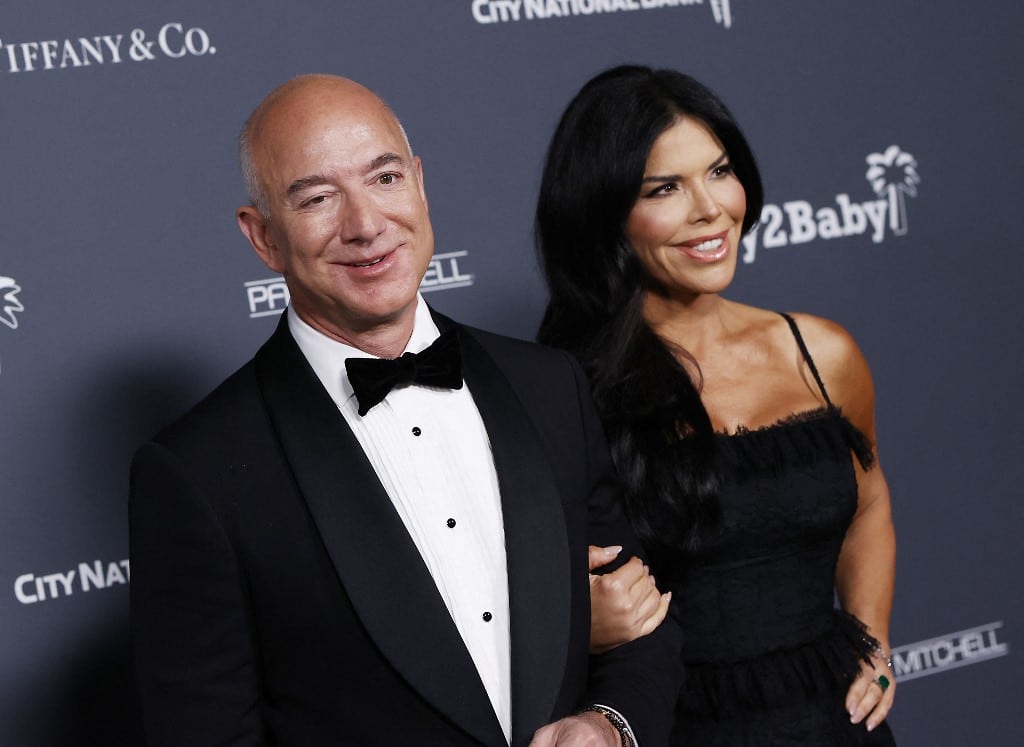
Jeff Bezos is a successful entrepreneur and investor among many other things that have made him one of the richest men in the world. Source: Michael Tran/AFP
3. Jeff Bezos
The third richest man in the world spot goes to Jeffrey Preston Bezos, the American entrepreneur who founded giant retailer, Amazon.com out of his garage.
Bezos, who was born in 1964 in New Mexico, US, is today worth US$128.7 billion.
He attended River Oaks Elementary School from grades four to six before the family moved to Miami, Florida.
Here he continued his schooling years at Miami Palmetto Senior High School but also joined the Student Science Training Programme at the University of Florida.
While still in high school, he had a stint at McDonald’s and started his first venture called the Dream Institute, which was an educational camp for fourth, fifth, and sixth graders.
He graduated as high school valedictorian before finding himself at Princeton University, where he studied physics but switched to electrical and computer engineering.
His best memory of Princeton was finishing problems set in partial differential equations.
“To anyone starting at Princeton, try to figure out what you’re genuinely interested in. and pursue those things, rather than find what is the most lucrative out there,” he says.
With this mindset, Bezos worked at an investment bank, D.E. Shaw & Co, but in 1994, quit and moved to Seattle to open a virtual bookstore.
Out of his garage, Bezos and his employees began building software – to what we know as a multi-billion dollar company, Amazon.
If he had to go back in time as an undergraduate, Bezos says, he would give himself this advice:
“Take pride in your decisions and hard work, but not in your gifts. Rather, enjoy them.”
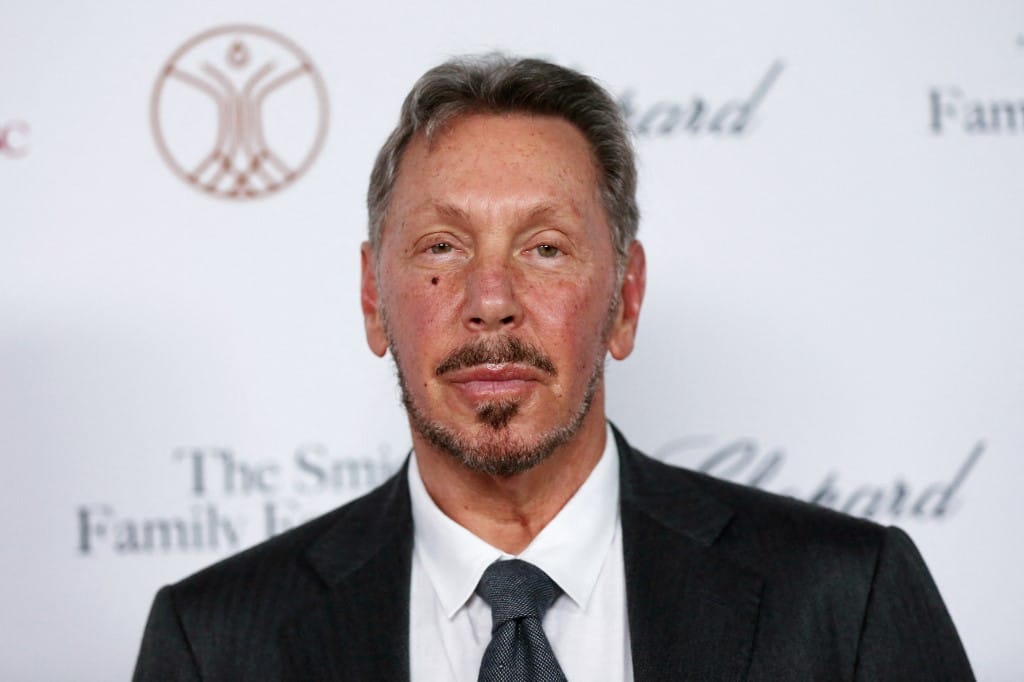
Larry Ellison made his money from Oracle as well as strategic investments in stocks and real estate. Source: Phillip Faraone /Getty Images North America/Getty Images/AFP
4. Larry Ellison
Lawrence Joseph Ellison is a skilled businessman and investor who is worth US$121 billion. But he didn’t come from money; rather in 1944, when he was born, his single mother looked after him.
But after he contracted pneumonia at nine months old, she couldn’t care for him and handed him to his aunt and uncle in Chicago, who ended up raising Ellison.
His dream was to go to the University of Southern California’s medical school, get married, have a family, and practise medicine in Los Angeles.
Everyone in the family wanted him to be a doctor, including his girlfriend and so Ellison obliged, he says, enrolling at the University of Illinois Urbana-Champaign.
“Growing up lower middle-class on the south side of Chicago, medicine was considered the pinnacle of professions, noble and humane,” he says.
However, Ellison soon realised medicine wasn’t in his blood and he didn’t have the drive to continue.
He refused to give up on education and enrolled at the University of Chicago, where he explored physics as a major.
It was here that he was exposed to computers and found a love for programming.
In 1996, Ellison moved to California and took on the role of a computer programmer for a few companies like Wells Fargo and Ampex Corporation.
He met his partners, Ed Oates and Bob Miner, and together the three of them founded the Software Development Laboratories, the forerunner for Oracle.
Oracle continued to grow and expand, accelerating trends in computing while increasing product offerings.
Ellison’s wealth grew as his financial portfolio expanded. He gained more as a board member of companies like Tesla and Apple.
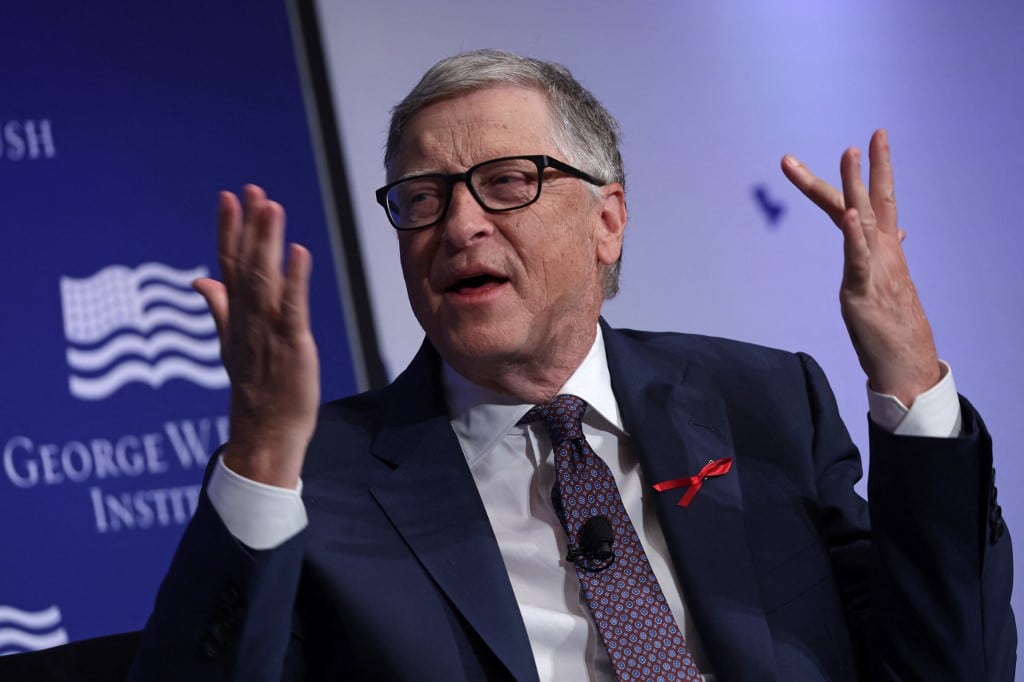
Bill Gates is not only one of the richest men in the world, but also a philanthropist. Source: Alex Wong / Getty Images North America/Getty Images /AFP
5. Bill Gates
Everyone has heard of the name Bill Gates before. He’s always been one of the richest men in the world and for good reason.
He comes in at our number five spot, amassing US$114 billion in net value.
This world-renowned entrepreneur is best known for the success of Microsoft Corporation.
But Bill’s foray into this adventure began at quite a young age.
William Henry Gates III (Bill) was born on October 28, 1955, to parents Bill Gates Sr and Mary Maxwell Gates.
What most people don’t know was that the Gates was already a powerful family by the time Bill came into the world, with both parents having attended the University of Washington.
In fact, the two were said to have met while studying there and later married.
His father was a famous attorney for Preston Gates & Ellis, while his mother was a prominent businesswoman.
Bill attended Lakeside School, Seattle, a private institution where he befriended Paul Allen, who would later end up co-founding Microsoft together.
At 13 years old, he wrote his first computer programme, which was a game to be played against the computer itself.
By the time Bill finished high school, he was a National Merit Scholar and scored 1590 out of 1600 on his SATs.
It’s no surprise he scored a seat at Harvard University, where he started off studying law.
However, his childhood passion for computers lingered on and he shifted the focus to computers and programming.
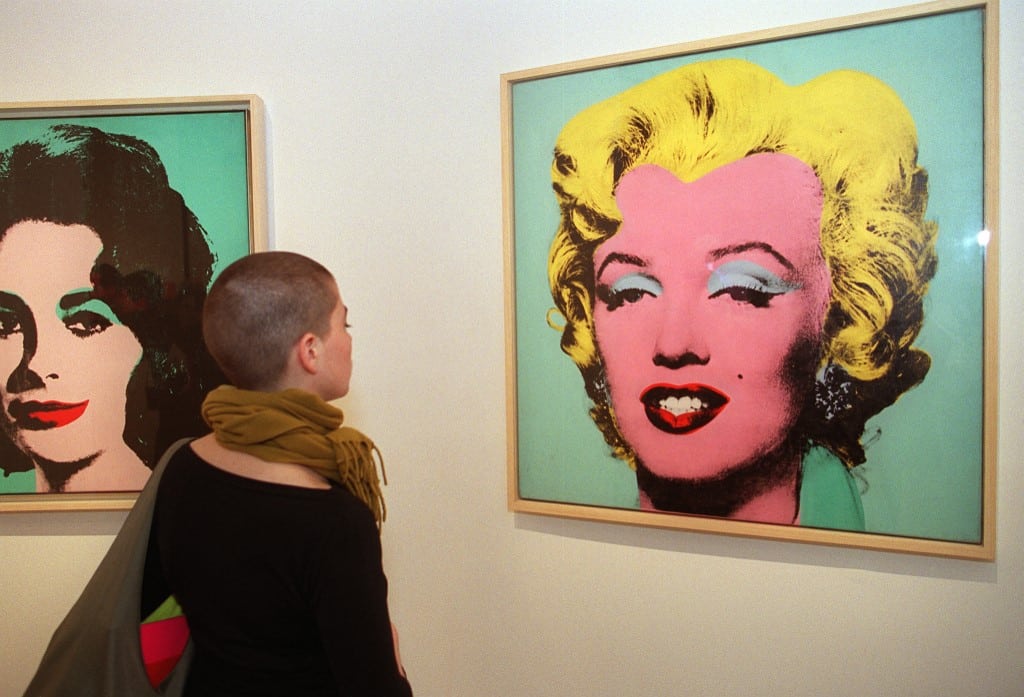
The richest men in the world often invest in artwork like the Andy Warhol depicting Marilyn Monroe here. Source: Noocher Deghati/AFP
In 1975, he left university to begin working on the software venture that we today know as Microsoft.
By 1978, Microsoft’s year-end sales exceeded US$1 million, with fans calling him tough but focused.
At 31 years old, Bill becomes the youngest billionaire in the world.
Some 30 years later, Harvard awarded Bill with an honorary law degree but he did make an interesting point.
If he had to enrol at university right now, he would study a different subject, he says during a Q&A session with some Harvard students.
“I would go into software, which today means going into artificial intelligence,” he says.
“To the degree you like science, engineering and economics, pick as much of that as you have an appetite for because those are the agents of change for all institutions.”





